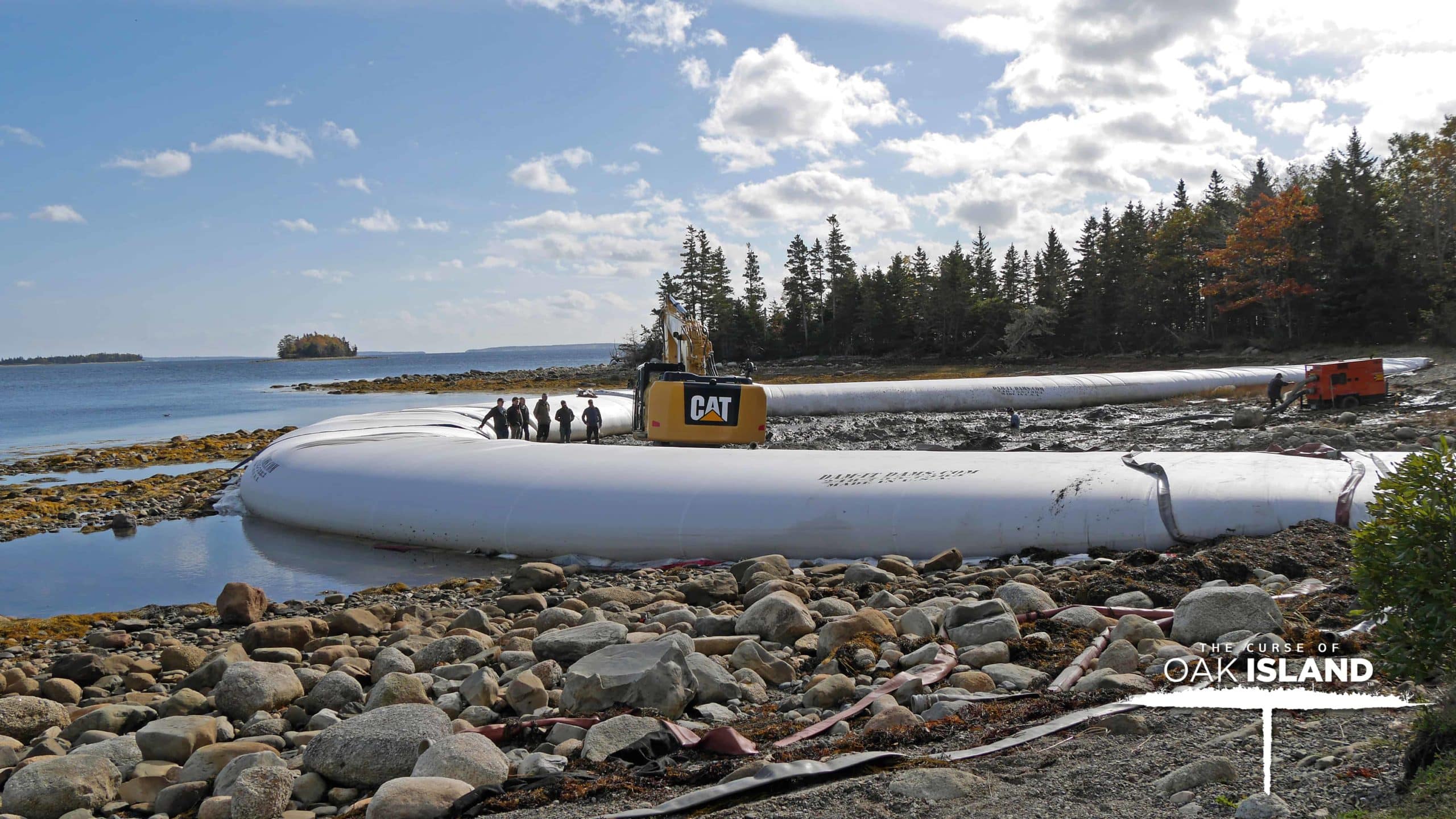In our modern day and age, keeping on schedule and budget is becoming increasingly tight in the construction industry. Rapidly changing weather conditions, increases in the cost of materials, inflation, and worker shortages across the nation are just a few factors that squeeze contractors and subcontractors. So, what is a business owner to do? Explore a few project management tips to help keep you on schedule and within budget.
Review, Review, and Review Again
The overhead view is one of the most important as it lets you look at the project’s full scope and plan accordingly. Before you even begin, there are three significant documents and procedures that you will need to review. These include the following:
- Plans: How large is your project? How many subcontractors will you need to work with? Are the blueprints clear or complex? All these questions must be answered in the planning stage before executing the next step.
- Resources Needed: What do you need? Purchasing materials in bulk will be cheaper overall, but failing to review your resources can bite you down the line, as waiting for parts or paying extra for expediting shipping or manufacturing can cost you time and money.
- Document Review: Have every subcontractor and team lead to review all documents relevant to the project well before construction begins. This will allow you to clear up any confusion or inconsistencies and get quality feedback.
Get To Work On That Master Plan
A master plan is a necessary part of any project that hopes to be completed on time and under budget. Without a master plan or schedule, you lack a bird’s eye view of the timeframes and can easily get lost in the minute details, falling behind and wasting resources. What do you need for a master plan?
- Hard or estimated start and end dates for various projects that are reasonable and can be executed with little overlap.
- Breakdown of all parts of the project and what can be done concurrently with other elements and those that must happen subsequently.
- Supply delivery dates that aren’t too early or after a particular section of the master plan is scheduled to start.
Keep An Accurate Inventory Of Materials
Sometimes, you may use too much or too little of one particular material. Projects can suffer from damage and shortcomings, but worse still is purchasing too much of a specific resource and watching it be wasted or degrade on site. Try to make your material estimates as close to what is needed as possible, with only a slight extra for mistakes or miscalculations.
Maintain Open And Honest Communication
Good communication is critical to the success of any project. Part of your planning should include processes and procedures for subcontractors and team leads to coordinate with you and provide feedback on the overall progress of their specific tasks. If accidents happen or weather slows down construction, you must hear about it immediately to change your master plan. Furthermore, good communication is more than ensuring the project goes smoothly. It’s about creating good working relationships between you, your subcontractors, and clients relying on your company to deliver. Having a strong communication, feedback, and criticism policy will help you maintain those relationships and allow your future projects to go even smoother.
Use Dam-It-Dams For All Your Dewatering And Cofferdam Needs
If you are against nature’s strongest element, you need someone to deliver quick responses and quality equipment. Dam-It-Dams are your cofferdam experts, and a free consultation is just a quick phone call away, ensuring you get back to your planning quickly and without worry. Call us today at 810-695-1695 for a free cofferdam quote.


